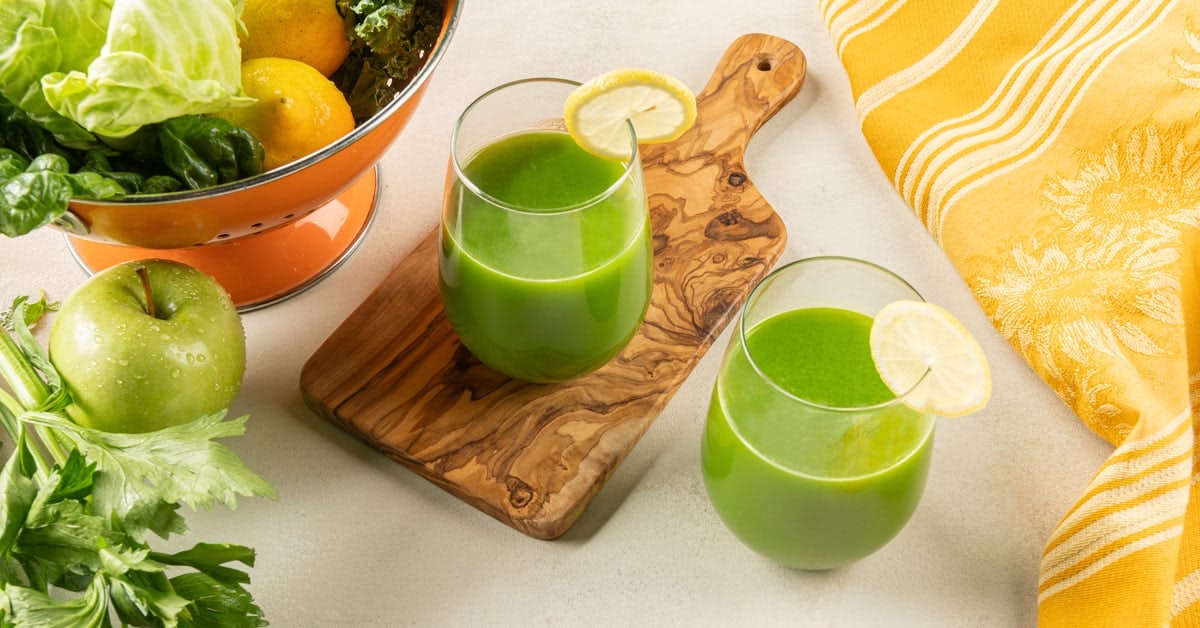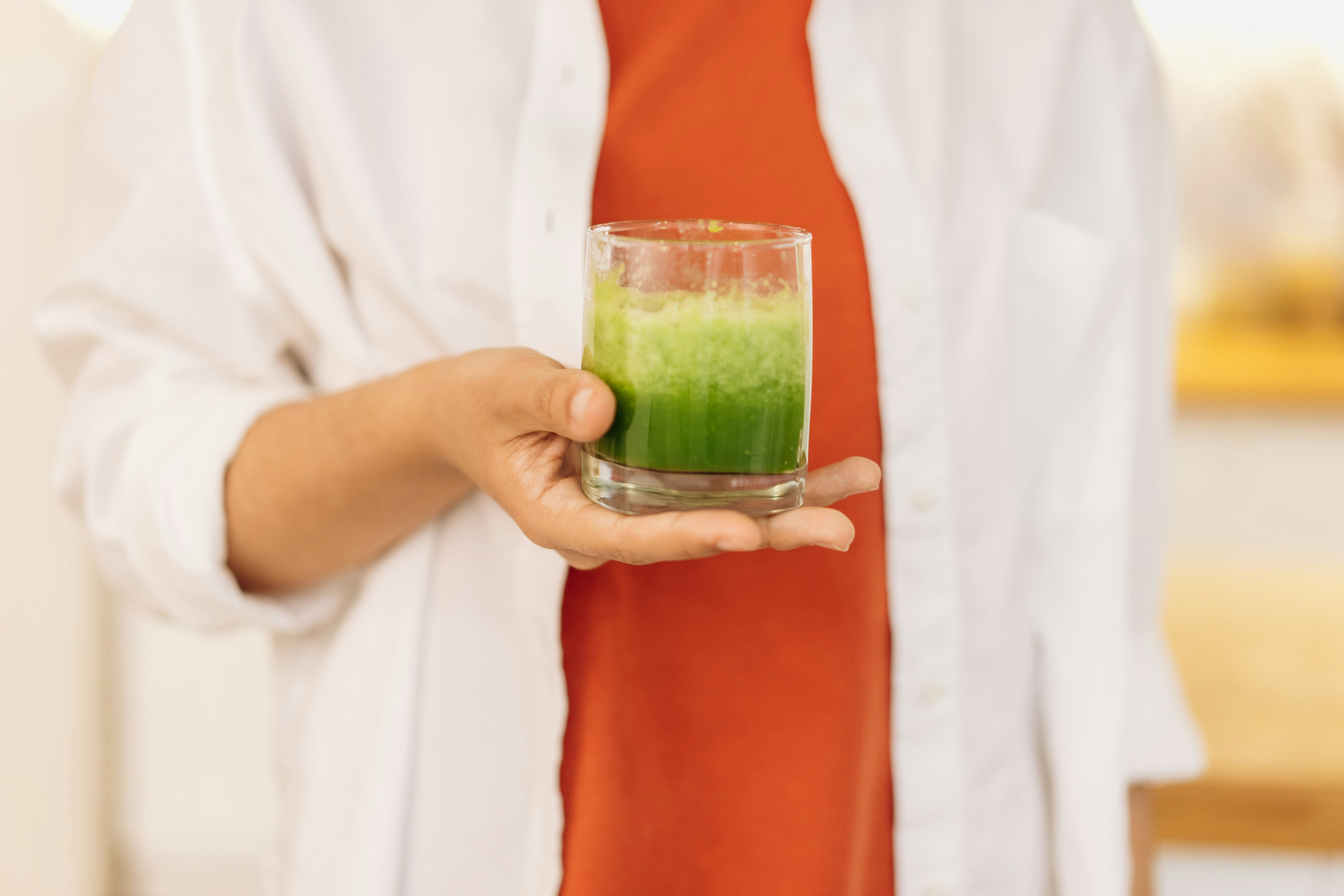
Top 10 Benefits of Drinking Green Juice
Green juice has become increasingly popular as a health food, with many people looking to it for it's nutrition, and high vitamins and mineral content.

Does Apple Juice Have Caffeine?
Apple juice does not have caffeine. If you've heard the rumor that apples have caffeine, that is precisely what it is – a rumor.
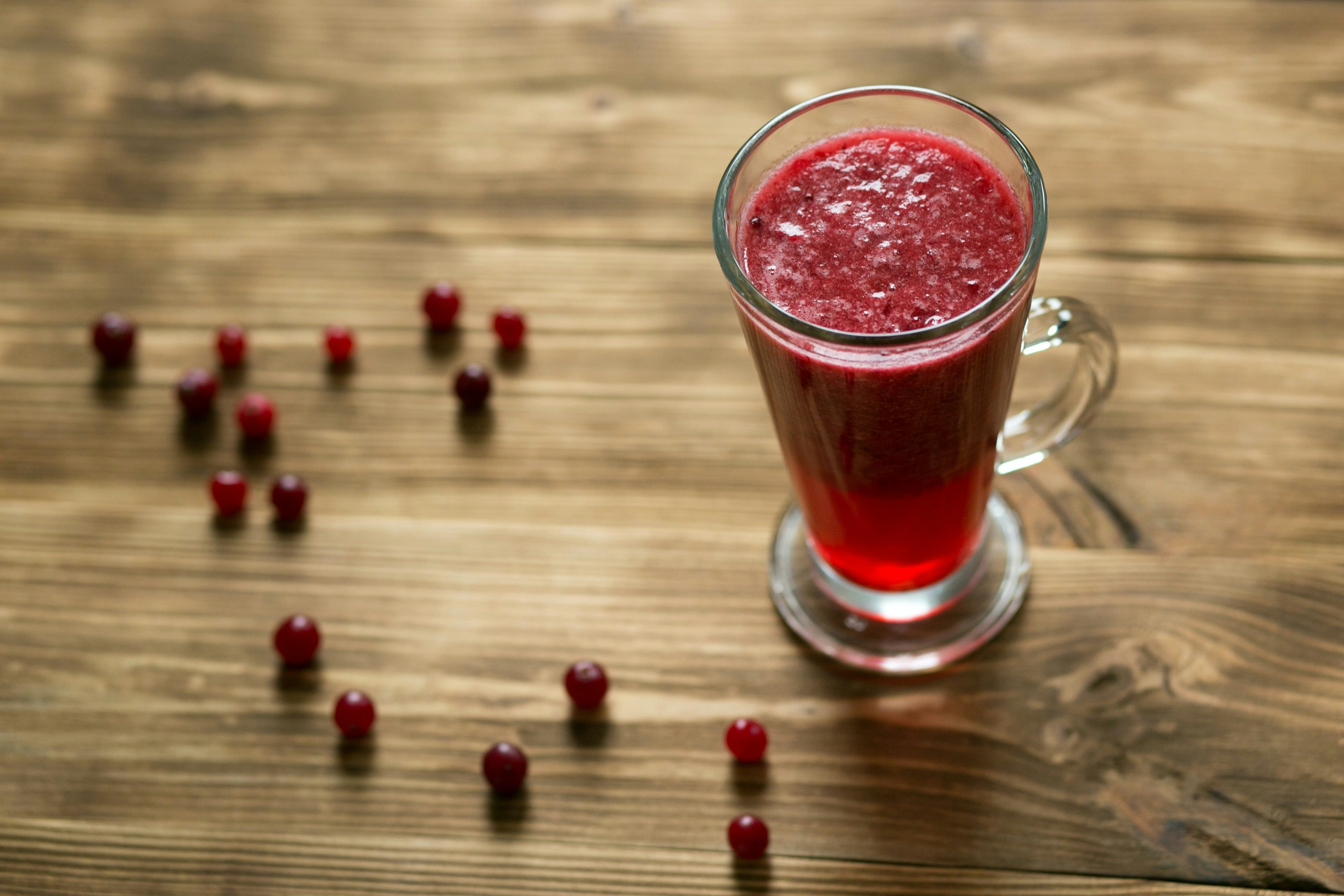
Does Cranberry Juice Have Vitamin C? How Much?
Cranberry juice is an excellent source of vitamin C and provides 23% of your recommended daily allowance in an 8-ounce serving.
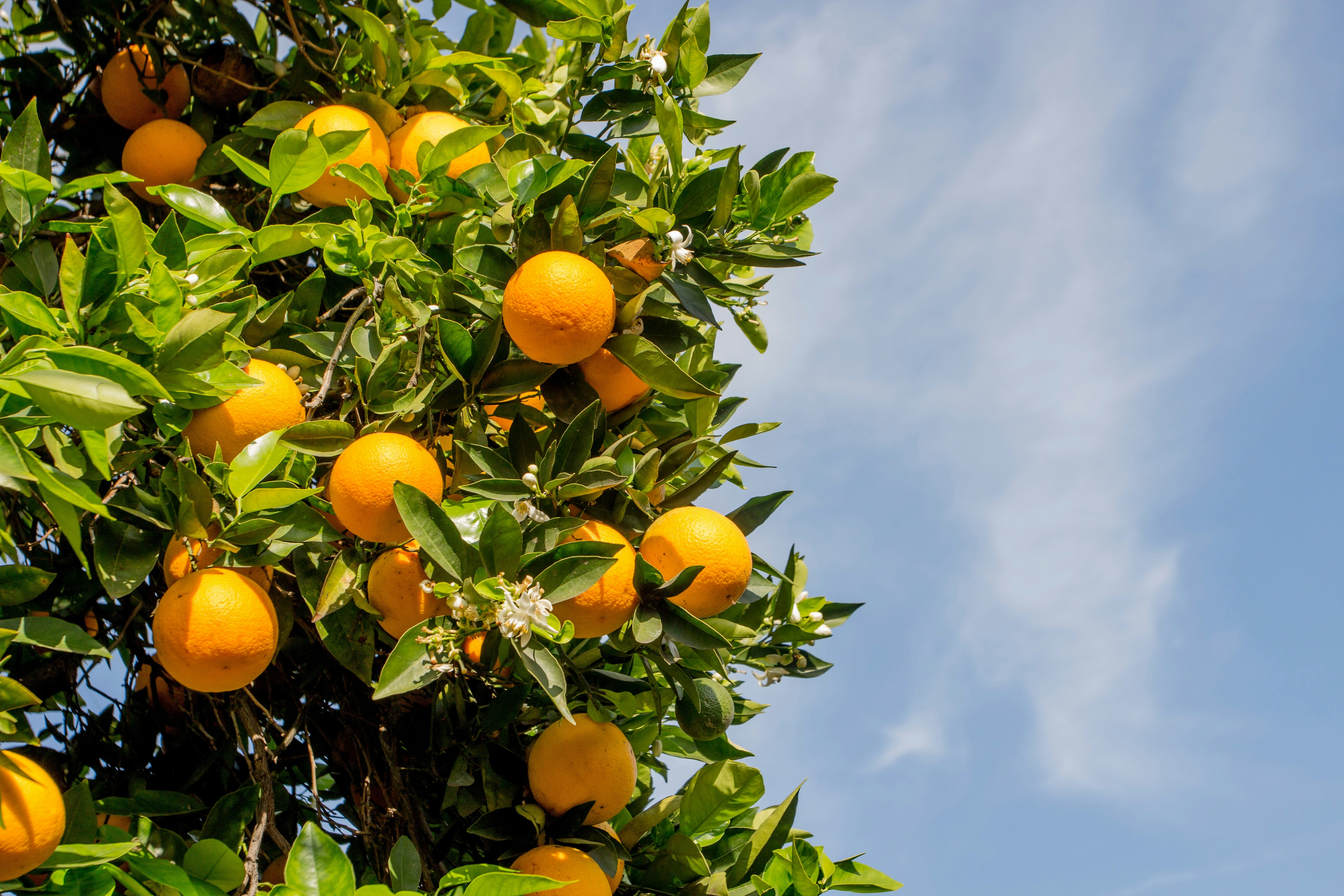
Does Orange Juice Have Potassium? How Much?
Orange juice contains about 450mg of potassium per cup, which is about 10% of the recommended daily value.
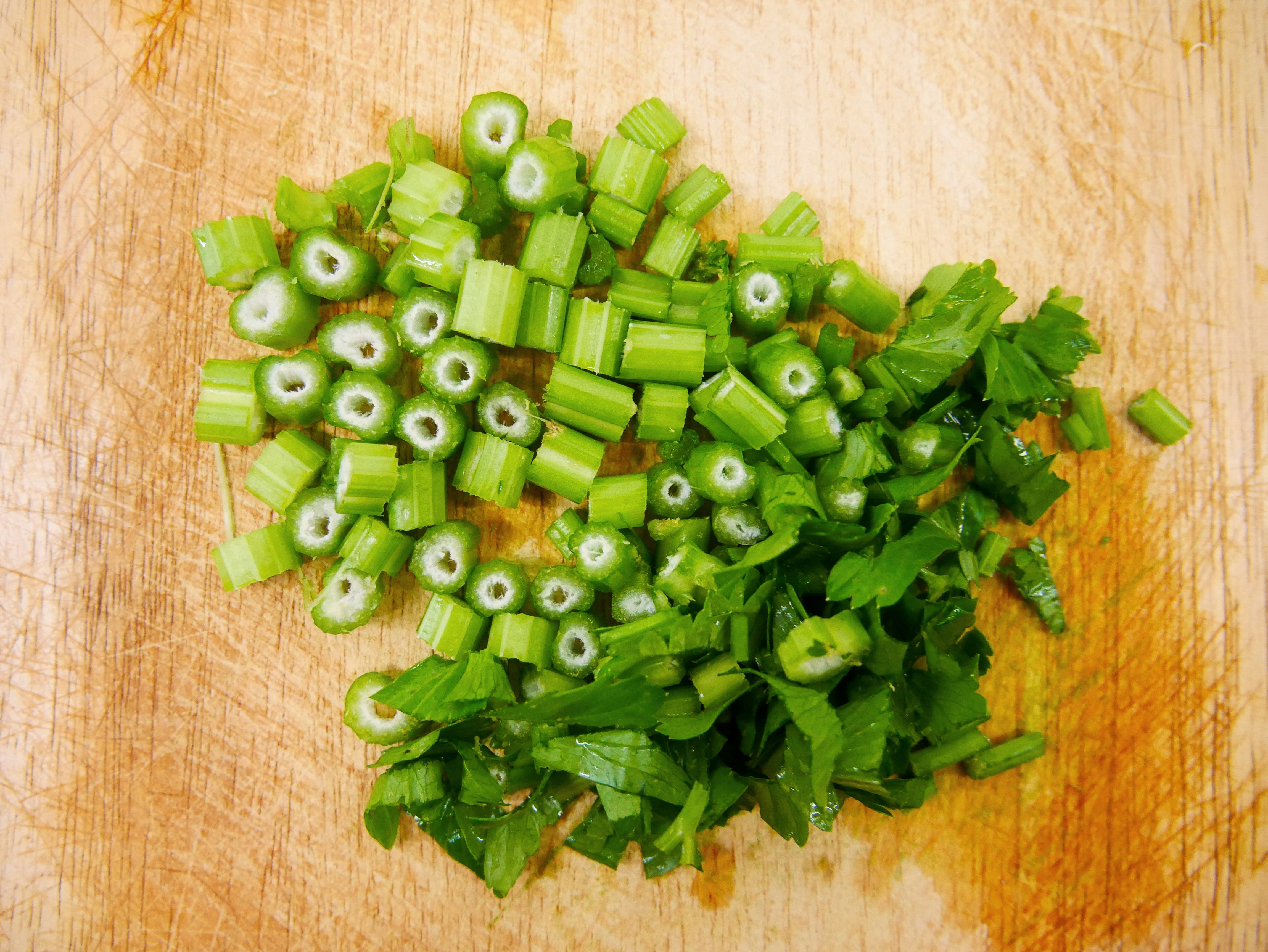
Does Celery Juice Break a Fast?
Although celery juice is known to be a low-calorie, or even "negative-calorie" food, one cup of celery juice contains 42 calories, which could break a fast.

How Much Does Juicing Cost?
The price of making fresh juice at home in the U.S. may differ based on many considerations. Let’s look at aspects to consider and come up with an answer.
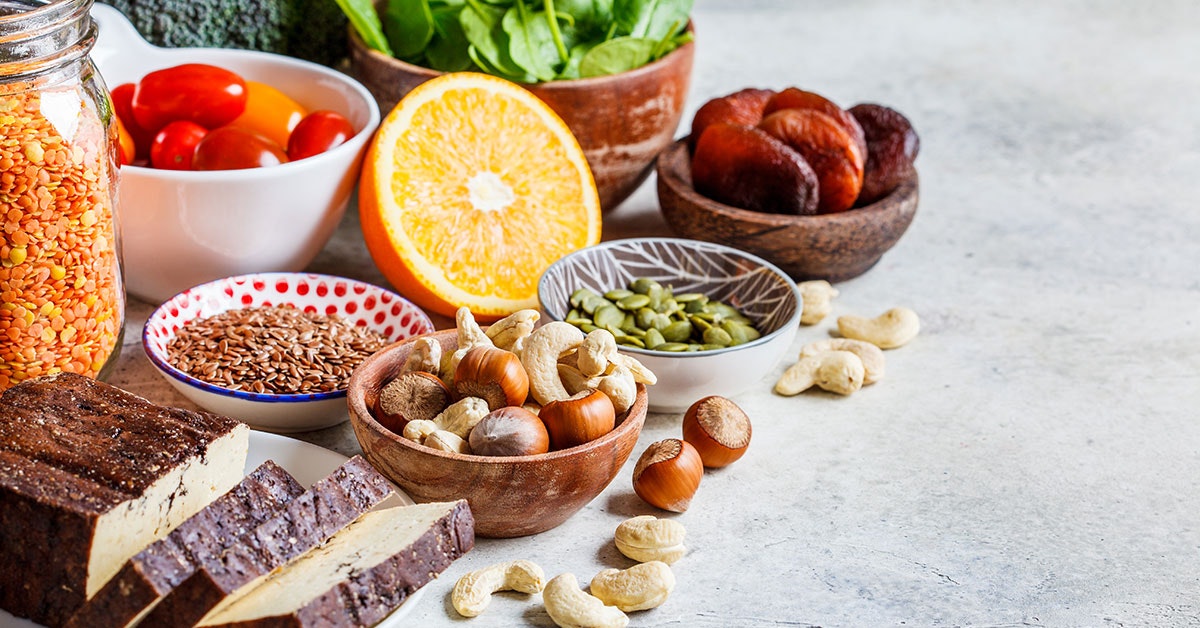
Does Orange Juice Have Iron? How Much?
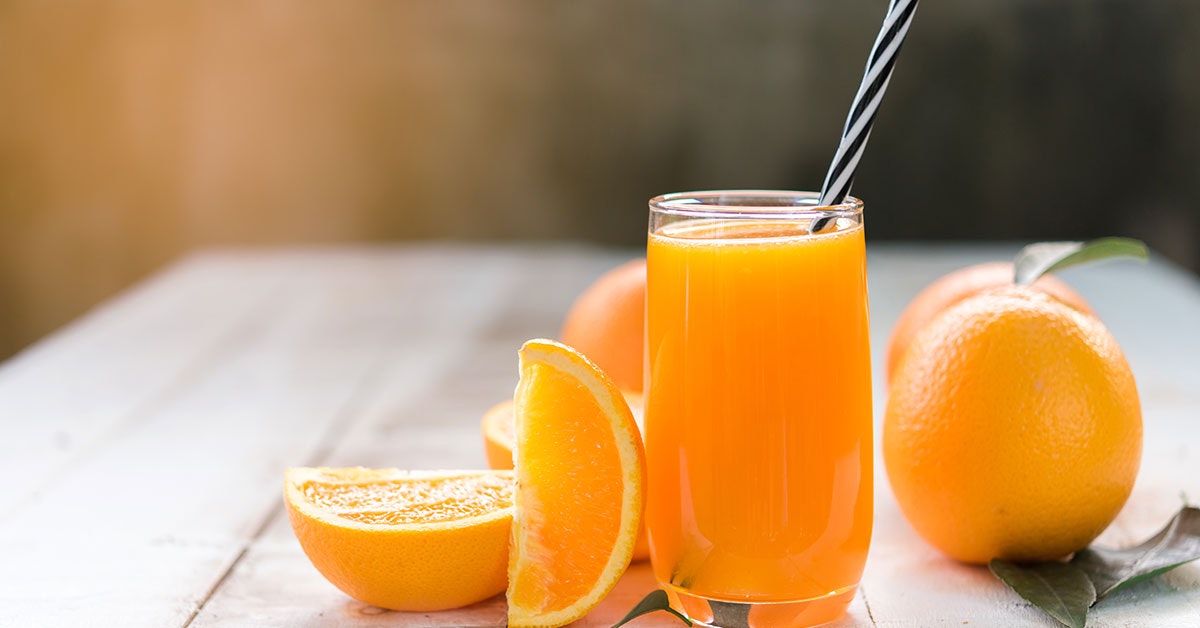
Does Orange Juice Have Calcium? How Much?
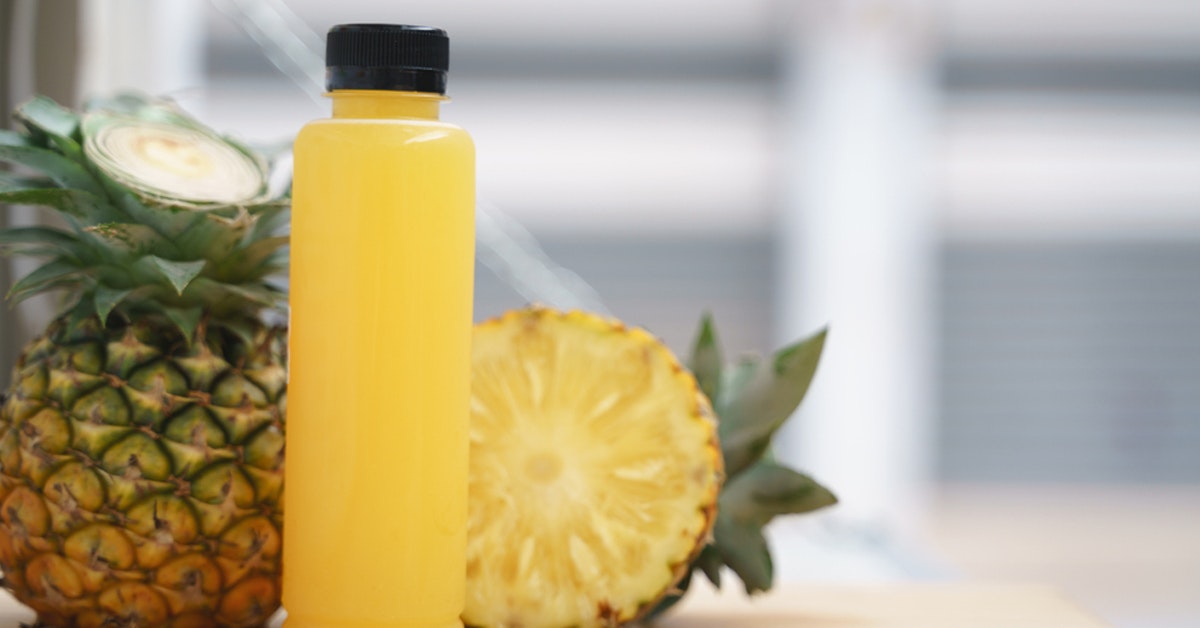
Does Pineapple Juice Need to be Refrigerated?
Yes, it is generally recommended to refrigerate pineapple juice to maintain its quality and prevent spoilage. Pineapple juice, like other fruit juices, contains natural sugars that can support the growth of bacteria if left at room temperature for too long. If you freshly squeeze pineapple juice, it will not last as long as juice that is pasteurized or bought from the store. This is because the natural enzymes and sugars found in the juice can cause it to spoil faster. It is best to consume the juice within two days and store it in an airtight container in the fridge. Freshly made juices (including cold-pressed juices that are made using a hydraulic press that extracts the juice from fruits and vegetables without heat) need to be refrigerated because they don’t go through the pasteurization process. Pasteurization requires heating the juice to high temperatures to kill bacteria, which can also weaken the beneficial nutrients and enzymes In contrast, freshly made juices that doesn't involve high heat is a way to preserve more nutrients and enzymes than other methods, and must be kept refrigerated at temperatures below 39 °F. How Long Does Pineapple Juice Last? Store bought pineapple juice that's been consistently refrigerated will last 7 to 10 days after opening. You can preserve pineapple juice by freezing it if you need to keep it longer than 7 to 10 days. Cold-pressed pineapple juice will last 4 to 5 days when refrigerated. You can preserve your freshly produced pineapple juice by freezing it if you need to keep it longer than 4 to 5 days. However, make sure to let it thaw out completely before consuming it to prevent a diluted flavor, as the water melts at a faster rate than the vitamins.
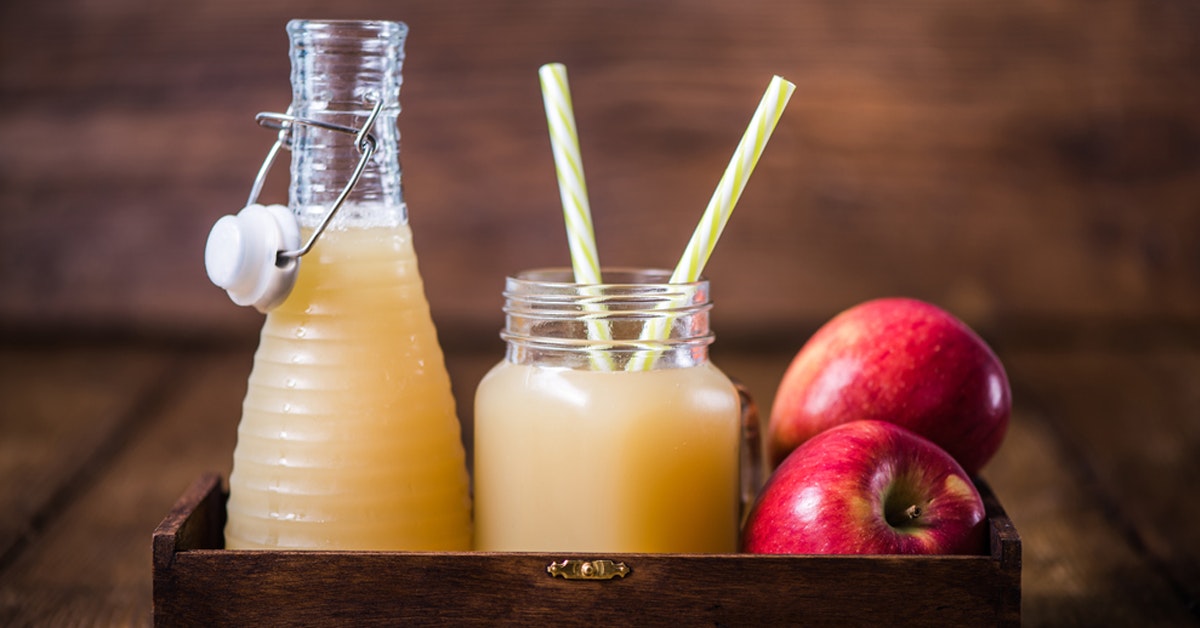
Does Apple Juice Need to be Refrigerated?
Freshly squeezed apple juice should be refrigerated to keep it fresh and safe to drink for as long as possible. Unrefrigerated apple juice can quickly develop harmful bacteria that can cause foodborne illnesses Apple juice is generally less perishable than some other types of juices, such as fresh citrus juices because it has a lower pH level and a higher sugar content, which helps to inhibit the growth of bacteria and other microorganisms. It's worth noting that some manufacturers may recommend refrigerating even unopened apple juice to extend its shelf life and maintain its quality. If you plan to drink the apple juice within a few hours, you can leave it at room temperature. However, like all fresh juices, apple juice can still spoil or go bad if it is not stored properly or if it is left at room temperature for too long. Freshly made apple juice (including cold-pressed juices) should be refrigerated because they typically don’t go through the pasteurization process. Pasteurization requires heating the juice to high temperatures to kill bacteria and other microorganisms that may cause spoilage. The process of pasteurization can also weaken the beneficial nutrients and enzymes In contrast, juicing with a press that doesn't involve heat is a way to preserve more nutrients and enzymes than other methods, and must be kept refrigerated at temperatures below 39 °F. How Long Does Apple Juice Last? Store bought apple juice that's been consistently refrigerated will last 7 to 10 days after opening. You can preserve apple juice by freezing it if you need to keep it longer than 7 to 10 days. Cold-pressed apple juice will last 4 to 5 days when refrigerated. You can preserve your cold-pressed juice by freezing it if you need to keep it longer than 4 to 5 days. However, make sure to let it thaw out completely before consuming it to prevent a diluted flavor, as the water melts at a faster rate than the vitamins.
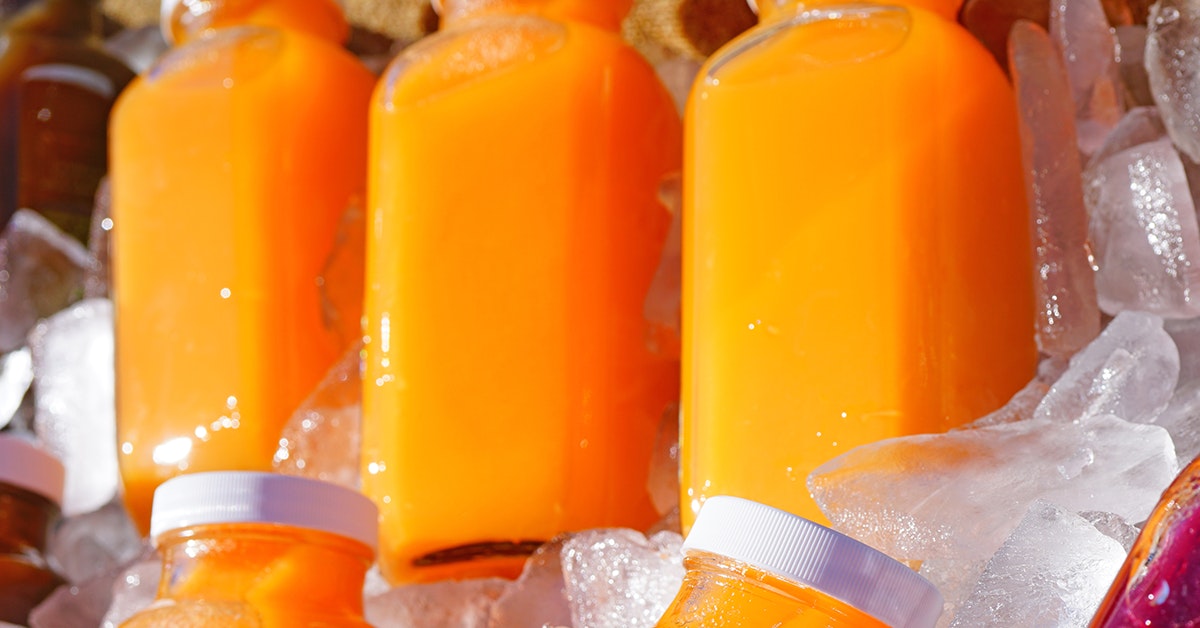
Does Orange Juice Need to be Refrigerated?
Most grocery stores suggest that unopened containers of orange juice can be left at room temperature, yet it is best to store them in a cool, dry spot away from direct sunlight to preserve the taste and freshness. On the other hand, when a juice container is opened, it is recommended to put it in the refrigerator due to the fact that air and warmth can cause bacteria, yeasts, and molds to grow, compromising the quality of the drink and potentially causing food poisoning. It's worth noting that some manufacturers may recommend refrigerating even unopened orange juice to extend its shelf life and maintain its quality. Freshly made juices (including cold-pressed juices) need to be refrigerated because they don’t go through the pasteurization process. Pasteurization requires heating the juice to high temperatures to kill bacteria, which can also weaken the beneficial nutrients and enzymes In contrast, juicing with a press (which doesn't involve heat) is a way to preserve more nutrients and enzymes than other methods, and must be kept refrigerated at temperatures below 39 °F. How Long Does Orange Juice Last? Store bought orange juice that's been consistently refrigerated will last around 7 days after opening. You can preserve orange juice by freezing it if you need to keep it longer than 7 days. If refrigerated, cold-pressed orange juice will last 4 to 5 days before going bad. You can preserve your cold-pressed orange juice by freezing it if you need to keep it longer than 4 to 5 days. However, make sure to let it thaw out completely before consuming it to prevent a diluted flavor, as the water melts at a faster rate than the vitamins.

Does Aloe Vera Juice Need to be Refrigerated?
After opening, aloe vera juice should be refrigerated to maintain its freshness and potency. Air and bacteria can cause the juice to spoil quickly, and refrigeration helps to slow down the growth of bacteria. The recommended temperature for storing aloe vera juice is between 35°F and 40°F (2°C to 4°C). Make sure to tightly seal the container after each use, and check the expiration date before using. Discard any juice that has passed its expiry date, even if it has been refrigerated. Freshly made aloe vera juice (including cold-pressed juice) is a natural product that lacks preservatives and is more perishable than other juices. It is extracted from the inner gel of the aloe vera plant, which is high in enzymes and nutrients that can quickly break down when exposed to oxygen and light. Aloe vera juice has a slightly acidic pH of 4.5, which can create an environment conducive to the growth of bacteria, and other microorganisms that can cause it to spoil if not stored properly. Unlike pasteurized juices, freshly squeezed and pressed aloe vera juices are not exposed to the high-heat pasteurization process that kills bacteria and micro organisms (along with many valuable nutrients). How Long Does Aloe Vera Juice Last? Store bought Aloe Vera juice that's been consistently refrigerated will last a couple of weeks after opening. You can preserve Aloe Vera juice by freezing it if you need to keep it longer than 7 to 10 days. Cold-pressed Aloe Vera juice will last 4 to 5 days when refrigerated. You can preserve your cold-pressed aloe vera juice by freezing it if you need to keep it longer than 2 to 4 days. However, make sure to let it thaw out completely before consuming it to prevent a diluted flavor, as the water melts at a faster rate than the vitamins.
